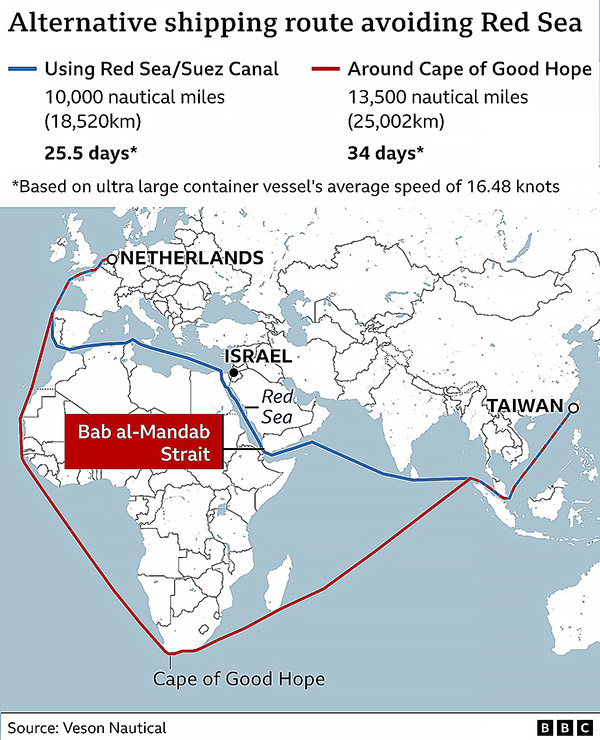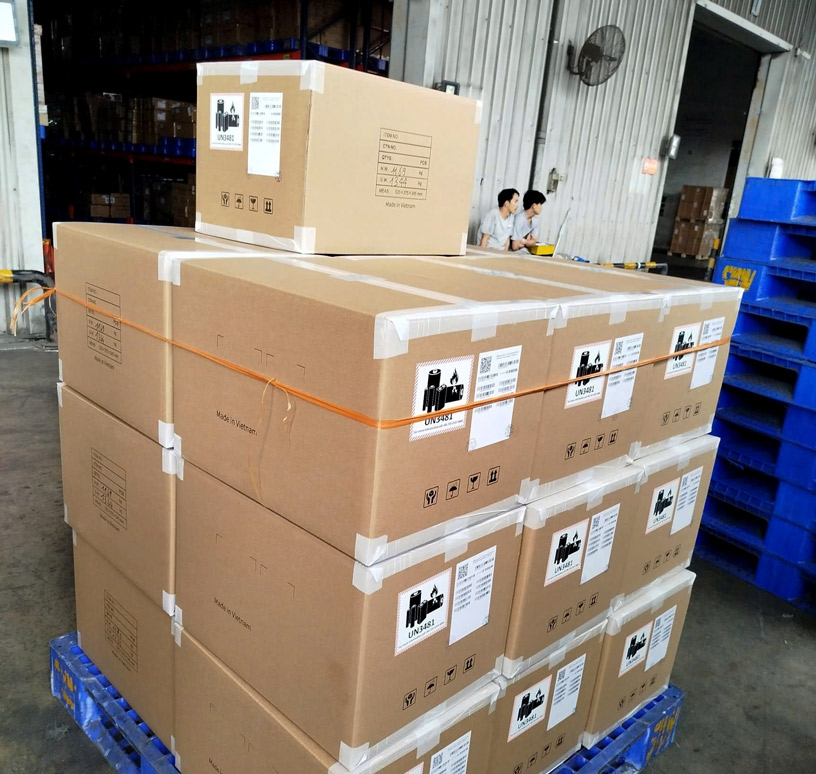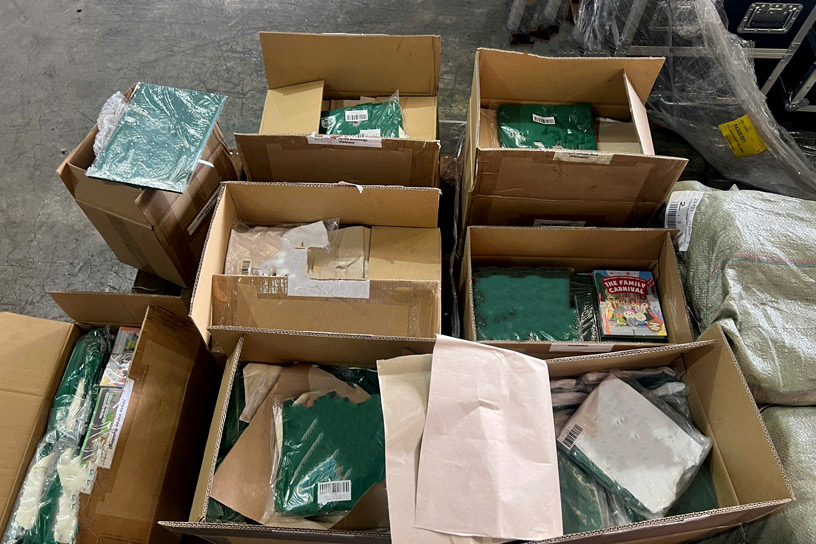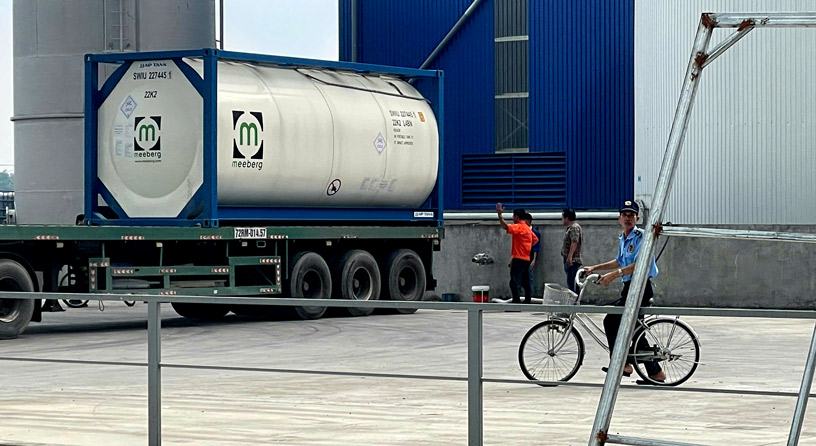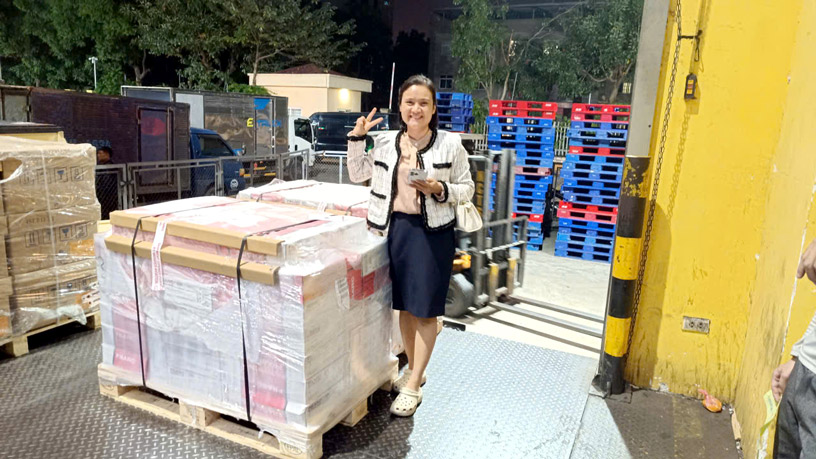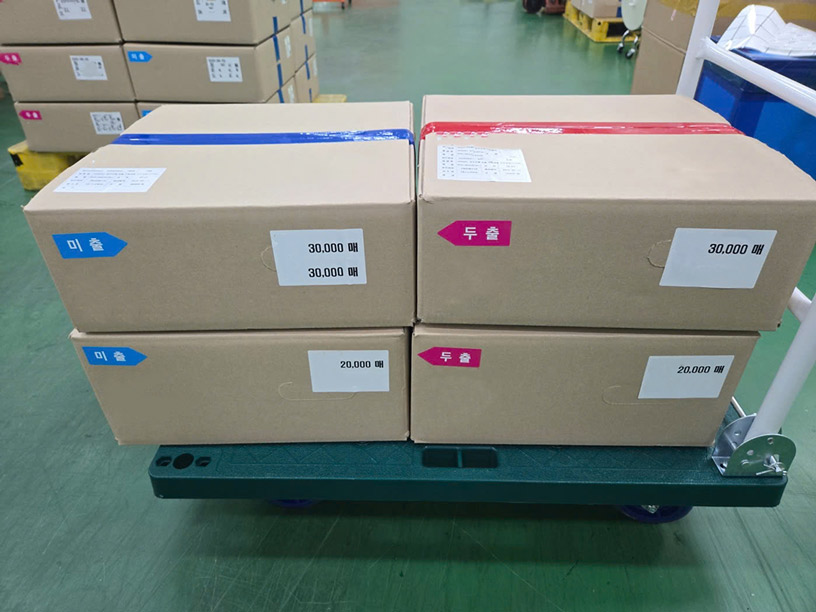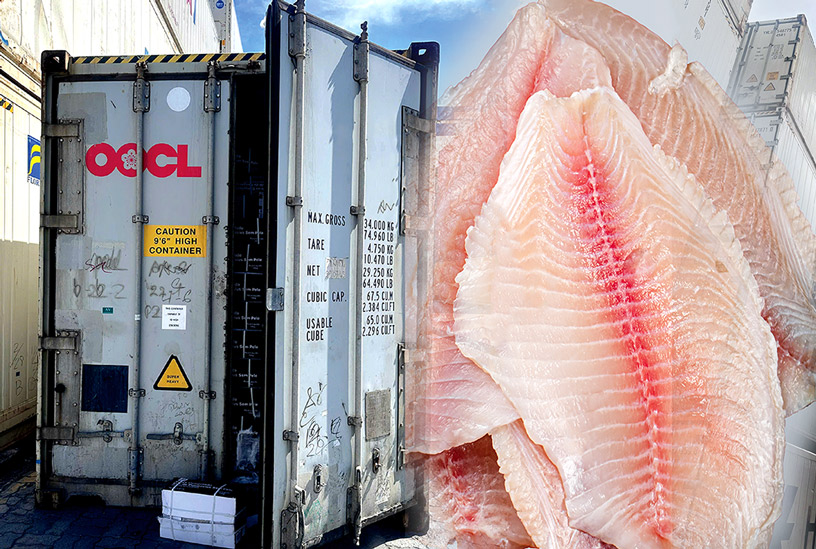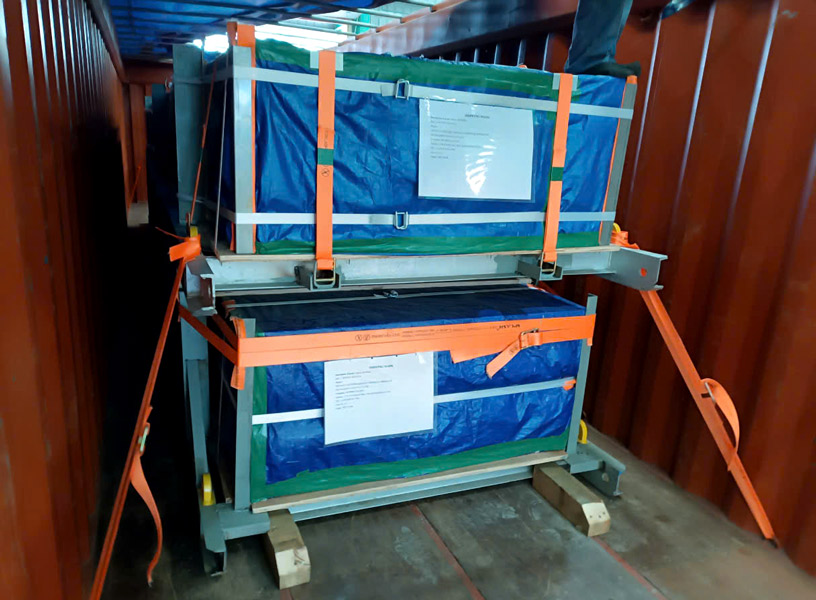The Red Sea Crisis Puts Pressure On The Global Supply Chain
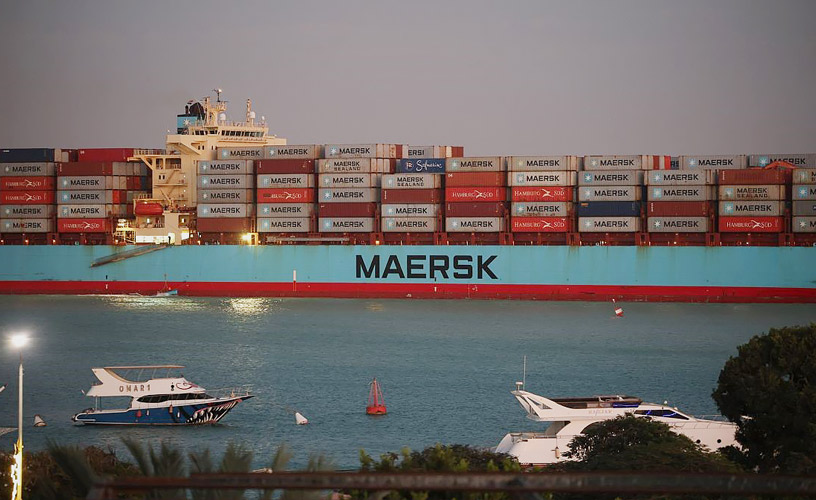
(Container ship diverts out of Suez Canal, Egypt - Photo source: CNBC)
In the context of the ongoing Red Sea crisis, container ships must divert their routes, increasing competitive pressure on the global supply chain. Encountering this situation, Headway continuously updates information from shipping lines to customers. We are closely monitoring each shipment to promptly overcome any arising problems.
The Red Sea plays the most important role in the international shipping route, connecting Asia with Europe and the Middle East through the Suez Canal and the Mediterranean. The flow of cargo through this region accounts for 12% of the total volume of trade goods worldwide.
After attacks by Houthi forces on cargo ships linked to Israel in the Red Sea, shipping lines were forced to cancel their journeys or divert to the Cape of Good Hope in South Africa to avoid the risk of war. This journey takes an additional 7-10 days of travel, and as a result, ocean freight rates skyrocket.
(Many cargo ships diverted around the Cape of Good Hope to avoid local conflicts in the Red Sea)
In short, the Red Sea tensions cause serious problems for the global supply chain.
- Shipping lines reroute their routes, as a result, shipping journeys between Asia, Europe and the East Coast of North America become longer.
- Cargo is delayed, there is a local shortage of container ships and empty containers.
- Freight rates increased sharply and cargo insurance increased.
- Global inflationary pressures directly affect consumers.
![]()
(Retrieve and track the route of refrigerated cargo routes to Hamburg on Headway's live tracking system)
During this period, Headway built a team specializing in issues related to the Red Sea situation, aiming at safe and feasible solutions for customers.
- Coordinate closely with departments, logistics associations, shipping lines and relevant parties to regularly update information.
- Establish a global network of support agents to limit risks and costs incurred.
- Design the most optimal transportation solutions at the time of update.
- Obtain cargo insurance, especially for long routes.
- Provide a modern live-tracking system, journey tracking and shipment monitoring.
While the Red Sea tension shows no signs of cooling down, depending on the nature of each type of goods and demand, Headway advises and provides customers with the most feasible options. In addition to sea routes, customers may want to consider air routes or through international routes from the Yen Vien area to Europe or Central Asia.
Other news
HEADWAY - HOCHIMINH OFFICE (HO)
-
44 Nguyen Van Kinh Street, Quarter 14, Cat Lai Ward, Ho Chi Minh City, Vietnam
-
(+84) 28 22 00 55 66/ (+84) 28 22 00 77 66
HEADWAY - HA NOI OFFICE
-
03rd Floor, Lotus Building, No. 02 Duy Tan Street, Cau Giay District, Ha Noi City, Vietnam
-
(+84) 24 3227 2123
HEADWAY - HAI PHONG OFFICE
-
06th Floor, Hoang Phat Building, No 4 Lot 2A Le Hong Phong Street, Ngo Quyen Ward, Hai Phong City, Vietnam
-
(+84) 225 730 0269
HEADWAY - DA NANG OFFICE
-
No. 1 Le Dinh Ly Street, Thanh Khe Ward , Da Nang City, Vietnam
-
(+84) 236 730 1068
HEADWAY - CHU LAI OFFICE
-
Nui Thanh Commune, Da Nang City, Vietnam
-
(+84) 235 650 6902
HEADWAY - DONG NAI OFFICE
-
670 Tay Lac Street, An Chu Hamlet, Binh Minh Commune, Dong Nai Province, Vietnam
-
(+84) 28 22 00 55 66
HEADWAY - QUY NHON OFFICE
-
01st floor, Viettel Binh Dinh Building, No.1 Dinh Bo Linh Street, Quy Nhon Ward, Gia Lai Province, Viet Nam
-
(+84) 256 2478 188
HEADWAY - THANH HOA OFFICE
-
05th Floor, Petroleum Building, No.38A Le Loi Avenue, Hac Thanh Ward, Thanh Hoa City, Vietnam
-
(+84) 28 22 00 55 66

